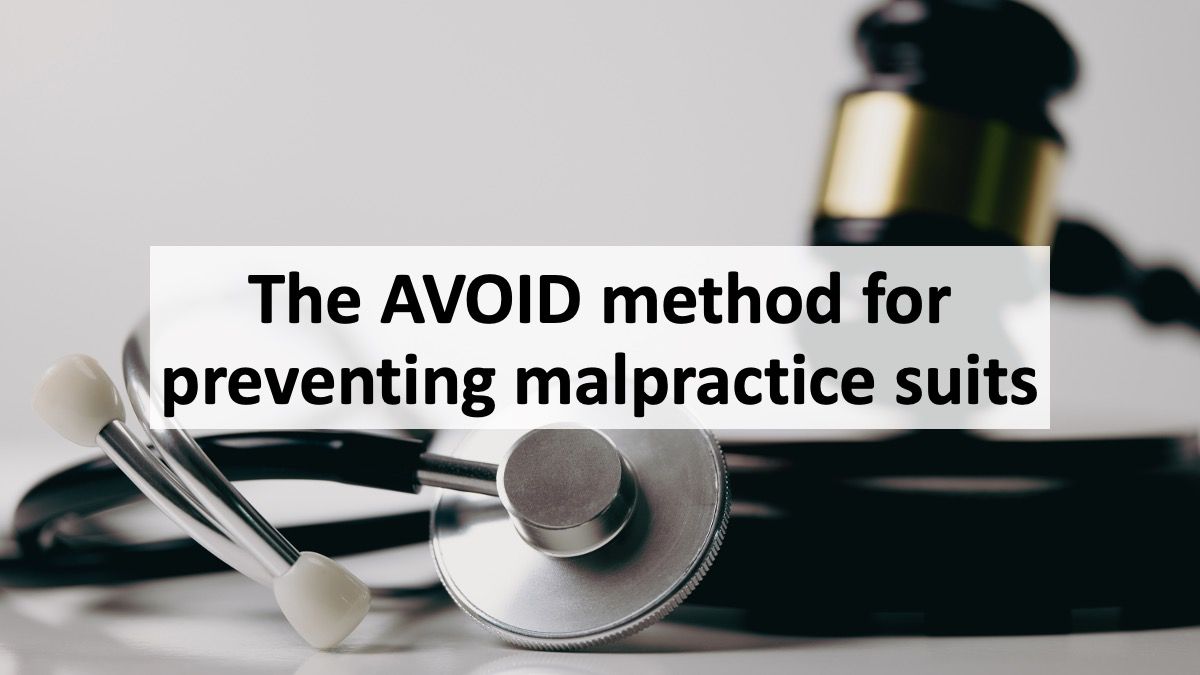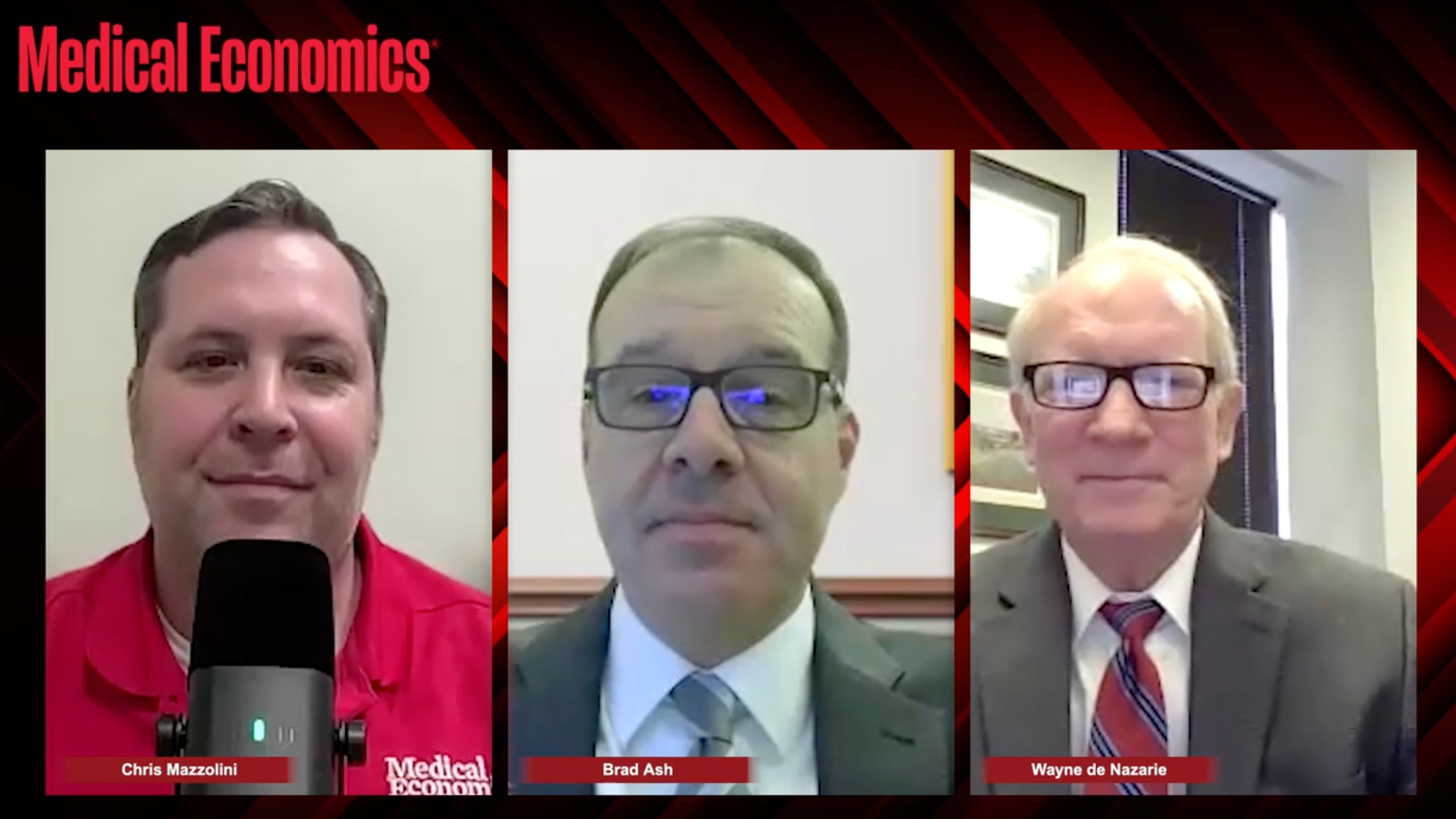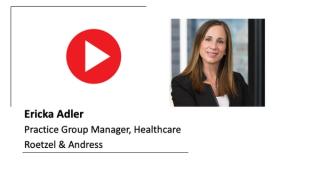
Legal
Latest News
Latest Videos

CME Content
More News

Noncompete agreements can be complicated, so practices need to make sure they are getting the details correct before implementing one.

If a physician breaks a noncompete agreement, the previous employer has options as to how to proceed.

If a practice unknowingly hires a physician with a noncompete agreement, how much risk is on the practice, and does firing the physician remove that risk?

Noncompetes can be complicated and are currently tied up in legal challenges to the FTC nationwide ban. Are there other legal tools that achieve the same purpose?

What happens if a physician signs a noncompete agreement in one state, but moves to another where they are banned? Does the agreement still apply?

The FTC banned noncompete agreements nationwide, but that decision is being challenged in court. Here's the latest update on the case.

Non-compete agreements are facing complicated legal challenges right now. Here's what you need to know.

Practice strategies for physicians to prevent lawsuits


An action plan for physicians to protect themselves against malpractice litigation related to medications like Ozempic.

Feds say anticompetitive business practices shifted costs to vulnerable patients.
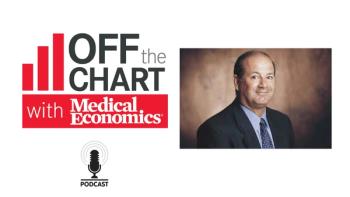
Bob White, president of The Doctors Company, joins the podcast to discuss current trends in the world of malpractice litigation.
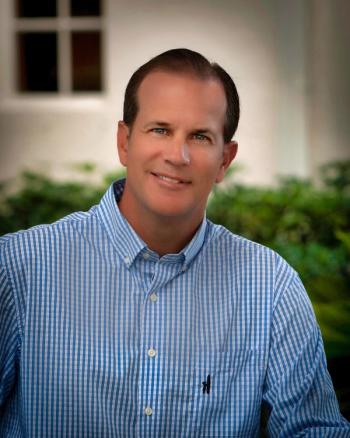
What is asset protection planning?
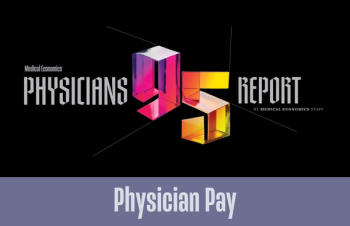
Our 95th annual Physician Report covers the latest data on practicing physicians, including salaries, practice financial health, productivity, malpractice rates, the state of the profession and more. Free registration required to view.

Physicians and their staff are dealing with an overlapping set of pressures that are making the practice of medicine harder than ever.

FTC ban was set to take effect Sept. 4, but judge says it ‘shall not be enforced or otherwise take effect.’

Our 95th annual Physician Report covers the latest data on practicing physicians, including salaries, practice financial health, productivity, malpractice rates, the state of the profession and more. Free registration required to view.

Our 95th annual Physician Report covers the latest data on practicing physicians, including salaries, practice financial health, productivity, malpractice rates, the state of the profession andmore.

Watchdog group praises CMS rule with ‘groundbreaking’ measures of patient safety in hospitals.

How physicians can earn extra income in this role

A clear explanation of benefits can help both the patient and the provider.

‘Chevron deference’ in legal interpretation falls in ruling expected to have far-reaching consequences across health care, other areas of governance.
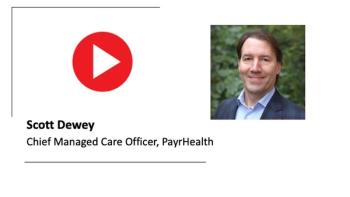
Negotiating with payers can be a complex and confusing process. Here's what you need to know to get the best contract possible.
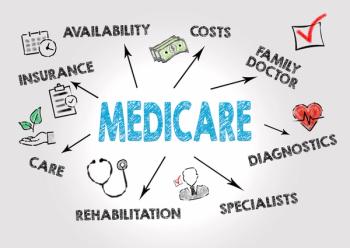
Proposed Medicare reimbursement cuts threaten to limit quality care for seniors.

New legislation prompts statements of support from physicians, lawmakers.


